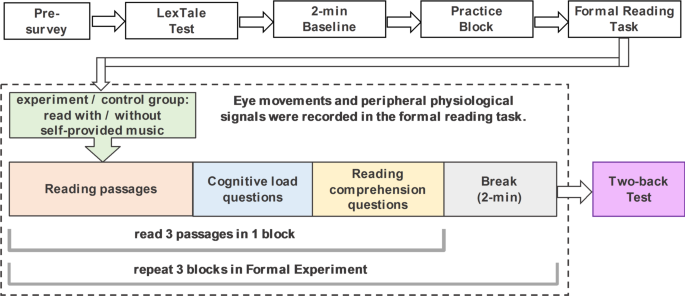How to support teacher mental health

As a new school year begins, the attention of parents, policymakers, and the public rightly turns to students. But if we are serious about improving schools, we should start with the well-being of their teachers. Their mental health directly shapes the classroom environment, student learning, and whether schools can retain the educators they need.
The pressures teachers face are not new, but they have intensified in recent years. Stress and burnout have become widespread. Since 2020, teachers have encountered piling new responsibilities and uncertainties onto a profession that was already demanding. For too long, teachers have been expected to simply push through, even as conditions around them erode their well-being.
We recently surveyed nearly 700 teachers from across the country to gain a better understanding of what influences their mental health. The results were telling.
One of the most interesting findings was the link between a teacher’s comfort with artificial intelligence (AI) and their well-being. Teachers who felt confident using AI in their work reported better mental health than less-confident peers. AI has the potential to dramatically reduce the time teachers spend on routine tasks, from drafting lesson plans, creating quizzes, and writing reports.
A McKinsey report estimated that the thoughtful use of AI could save teachers up to 13 hours per week. For a profession where planning, grading, and paperwork often extend late into the evening, this is not a minor adjustment. It’s a lifeline.
But these benefits will only be realized if schools invest in preparing teachers to use AI to support their teaching. Too often, new technologies are introduced without training or support, which only compounds teacher frustration. Providing training to teachers to leverage AI needs to be at the top of schools’ priorities.
Teachers entered the profession to teach and to build meaningful relationships with students, not to drown in administrative tasks, data entry, and endless paperwork. AI should be deployed to strip away those distractions and give teachers back the time and energy to focus on the core of their work: teaching, mentoring, and inspiring students.
In addition to AI, the strongest factor influencing mental health by far was support. Teachers who felt backed by their administrators, who had colleagues they could lean on, and who saw parents reinforce their efforts reported significantly better mental health. These aspects should not be considered perks, but the foundations of a sustainable career in teaching.
Administrative support matters when principals back teachers when students misbehave, protect their planning time, and ensure they have the necessary resources to succeed. Colleague support matters when schools foster collaboration, peer mentorship, and a sense of shared purpose. Parent support matters when families align with teachers on academics, discipline, and consistent attendance. Taken together, these relationships form a safety net for teachers’ mental health. Without support, teachers are left to carry the weight alone.
Our study also revealed encouraging signs for emerging school models like hybrid and microschools. Teachers in smaller, more flexible environments like these reported higher levels of well-being. They also reported having manageable workloads, lower levels of burnout, and higher levels of morale. These schools often give teachers more flexibility, smaller class sizes, and closer professional communities.
While not every district can replicate that structure, traditionally structured schools can still borrow lessons. Trusting teachers as professionals and giving them room to innovate leads to healthier educators and stronger schools.
In our most recent study, we found a significant relationship between teacher mental health and turnover intentions. Teachers who reported higher levels of stress and burnout were more likely to say they were considering leaving the profession. This link is concerning, given the teacher shortage crisis already gripping schools nationwide.
Supporting teacher well-being through tools such as AI can help sustain the teaching profession. Failing to address mental health may lead to losing even more dedicated teachers.
This school year let’s measure success by whether teachers have the support they need. When teachers are supported, classrooms are stronger, and schools become places where both educators and students can thrive.
David T. Marshall is an associate professor in the College of Education at Auburn University. He is the co-founder and senior researcher for the Plains Research Consortium. Tim Pressley is an associate professor at Christopher Newport University.
link





